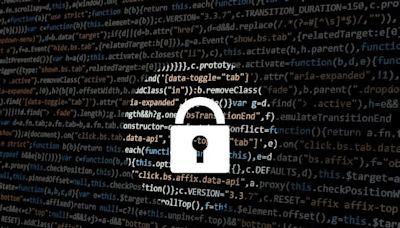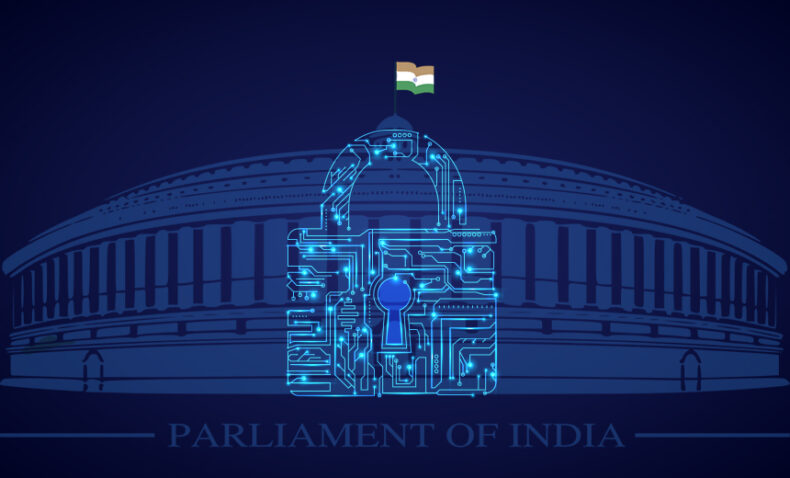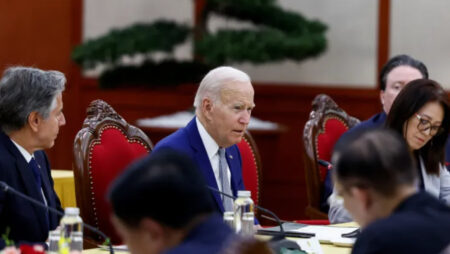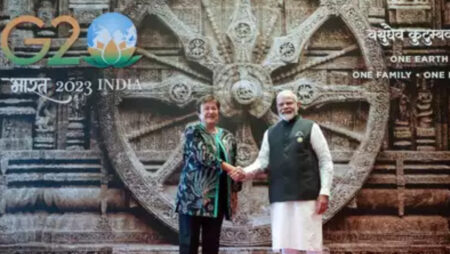In India, numerous instances have arisen in which individuals have expressed apprehensions regarding privacy, leading to the registration of these concerns. In response, the esteemed Supreme Court of the country has rendered verdicts that strongly oppose any infringement upon the citizens’ Right to Privacy.
Although the Indian Constitution does not explicitly include an article dedicated to this matter, the Supreme Court of India has expansively interpreted Article 21 and affirmed that the right to privacy is also considered a fundamental right.
The Supreme Court proclaimed the right to privacy a basic right in the Puttaswamy v. Union of India case in 2017. Article 21 protects the right to privacy as an integral aspect of the right to life and personal liberty and the freedoms provided by Part III of the Constitution. It’s also seen as a crucial component of the right to life and freedom.
The Data Protection Bill
The Digital Personal Data Protection Bill of 2022, forms an essential foundation within the comprehensive structure of technology regulations being developed by the government. This framework encompasses various initiatives such as the Digital India Bill, which is intended to succeed the Information Technology Act of 2000, the draft Indian Telecommunication Bill of 2022, and a policy concerning the governance of non-personal data.
The Digital Personal Data Protection Bill, 2022, a draft of which was floated in November, is expected to be tabled in Parliament’s Monsoon Session that begins on July 20. The Union Cabinet approved the draft Bill recently.

The proposed law states that before collecting personal information, permission must be obtained, and it also includes severe penalties, with fines of up to ₹500 crores, for individuals and companies that fail to prevent unauthorized access, sharing, altering, or destroying of personal data.
21,666 comments were received from the public and a series of consultations were held with 46 sector organisations, associations and industry bodies. Comments were also received from 38 government ministries and departments.
Conclusion
As time progresses, our rights are becoming increasingly significant in today’s world. In the midst of our lives being constantly exposed through social media platforms and surveillance cameras, it’s crucial for us to prioritize our security. This allows us to freely live our lives according to our own choices, without constantly worrying about the judgment of others. Ultimately, the only person we owe an explanation to is ourselves, rather than the entire world.













